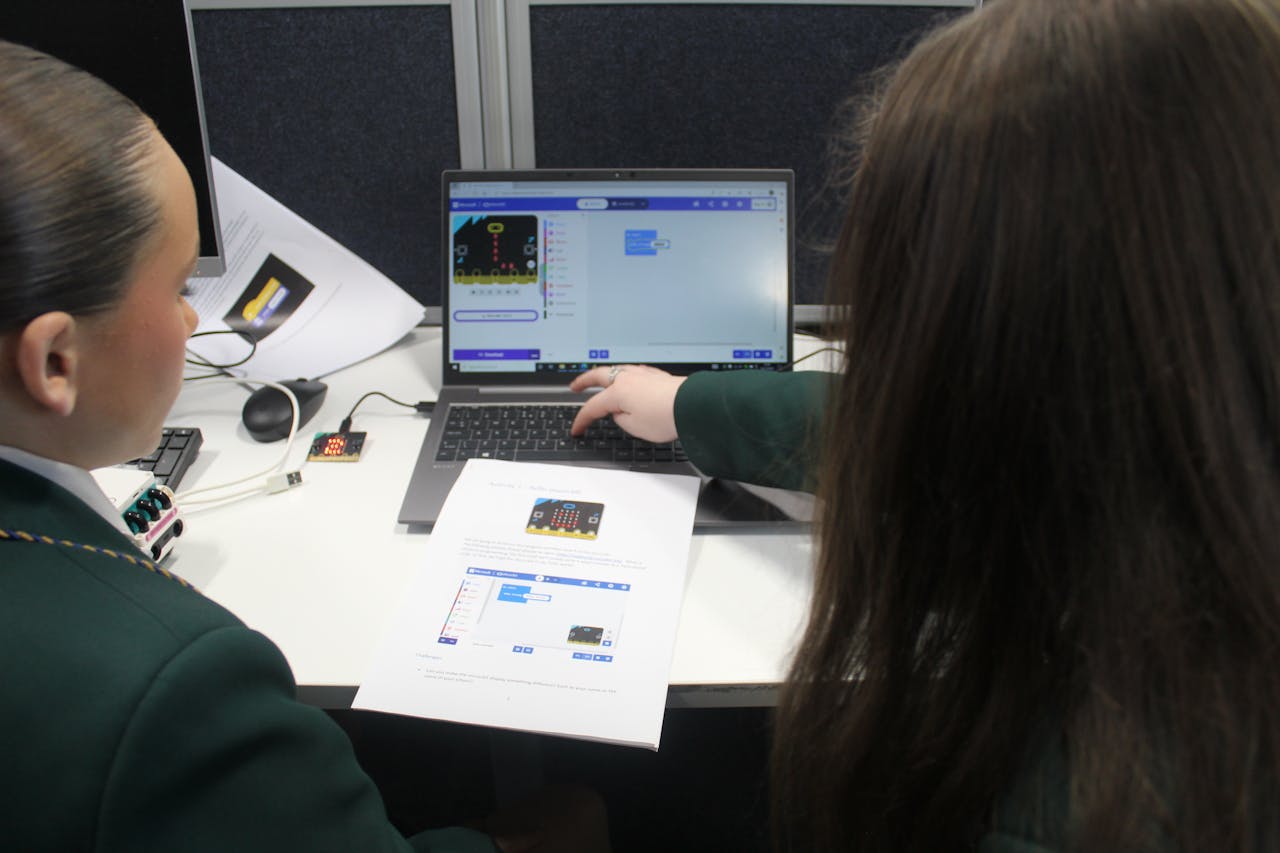Academic research on personal statements
The first thing to note on the subject of academic research on personal statements is that there is all too little of it. This creates a nice opportunity for any existing or aspiring researchers, but at the same time it means that the whole business of personal statements is still something of an enigma to teachers, advisers and students.
Many studies in this area have simply focussed narrowly on entry to medicine courses. Reading studies from other countries can be interesting but we can never be sure to what extent we might be able to generalise to the UK context.
Perhaps the best study so far on personal statements in the UK has been carried out by Steven Jones at the University of Manchester. Jones analysed over 300 personal statements submitted to a Russell Group university. To ensure that his sample was comprised of students of a similar level of academic ability, all statements which were analysed were written by students who went on to achieve three B grades at A level.
Presumably then if all of the students were of the same level of attainment, the quality of all of the statements would have been similar? Think again. Jones found that statements written by students from comprehensive schools, for example, contained a higher number of spelling, punctuation and grammar mistakes than those written by pupils from grammar schools or independent schools. This doesn’t necessarily mean that the students from comprehensive schools were receiving less support from their teachers, it could instead be the case that those students received more support from clued-up parents and siblings, for example.
Another phenomenon Jones observed was that students from different school backgrounds spoke very differently about their work experience and extra-curricular activities. Whilst students from independent school backgrounds were able to rattle off an eclectic list of varied, prestigious work experience they had completed, the comprehensive school students sometimes had to draw on a slightly narrower range of experiences, such as school trips. There is a sociological explanation for this – those young people from a better-off background are able to draw upon larger reserves of “cultural capital” than their worse-off peers.
Teachers and advisers need to pay attention to research like this, as it reminds us that students who are from a more disadvantaged background might need slightly more support in writing their personal statements to ensure that they don’t lag behind some of their equally-qualified peers. And what if students don’t have as much to talk about in terms of work experience and extra-curricular activities? Don’t worry – as you read on and learn the thing which admissions tutors care about the most in a personal statement, you will realise that there is in fact no barrier to entry for disadvantaged students.




